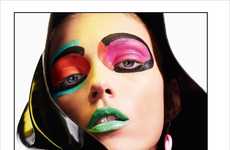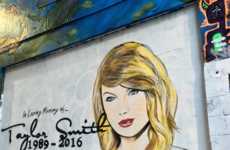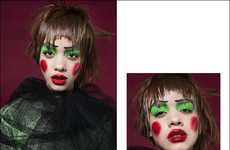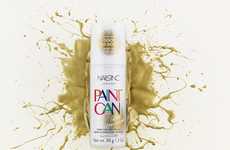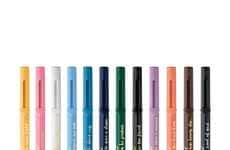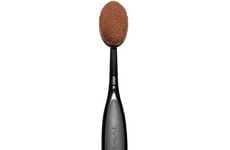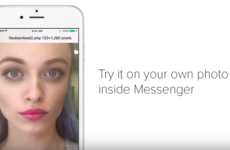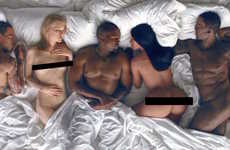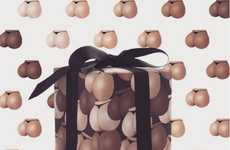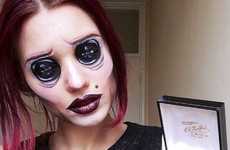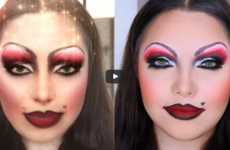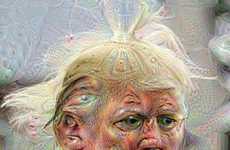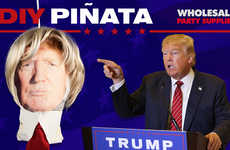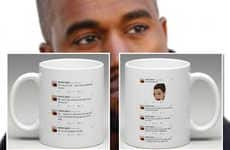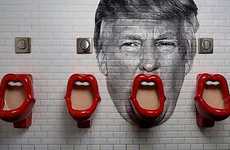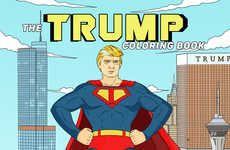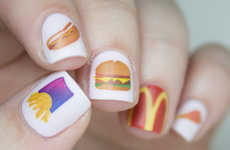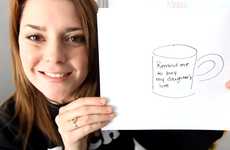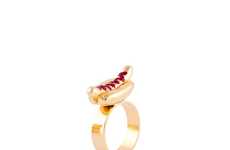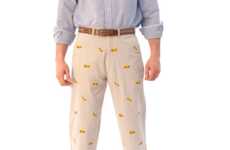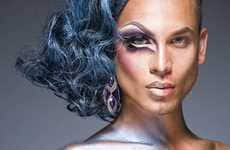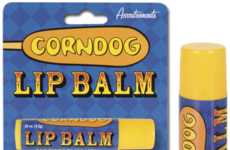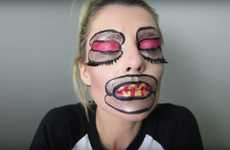
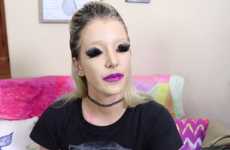
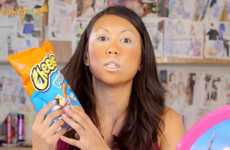
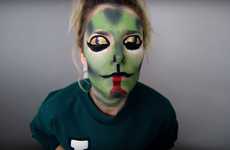
Makeup artists infuse content with humor to highlight self-awareness
Implications - The cosmetics industry has undergone a revolution thanks to vlogging, however, oversaturation with makeup artists posting aspirational looks has caused a backlash. This coincides with a shift from a predominantly Millennial audience to one filled with members of Gen Z who prefer realism. Humor satisfies both parties while maintaining an element of fun that is essential to this industry.
Workshop Question - How can your brand incorporate humour into your marketing plan to engage consumers?
Trend Themes
1. Realism Vs Aspirational - The preference for realism over aspirational content is becoming increasingly relevant in the cosmetic industry, providing an opportunity for humorous interpretations of everyday beauty practices.
2. Satire in the Beauty Industry - Satirical trends in the beauty industry have been sparked by a shift in audience preference, leading to comedic tutorials that tap into the millennial and Gen Z humor.
3. Online Celebrity Controversy - Celebrity feuds continue to influence and captivate online platforms. This creates an opportunity for online marketing campaigns that engage in and satirize those controversies.
Industry Implications
1. Cosmetics Industry - Cosmetic marketers can tap into the potential shift towards humor and satire in beauty content, particularly for Gen Z audiences who prefer authentic and quirky expressions of beauty practices.
2. Online Entertainment Industry - Online entertainers from comedians to beauty bloggers can capitalize on the trend towards satirical content in the beauty industry and the interest in political satire to garner more views and followers.
3. Media and Advertising Industry - Agencies can create innovative and humorous marketing campaigns that tap into celebrity feuds and general interest in entertaining and controversial content.

